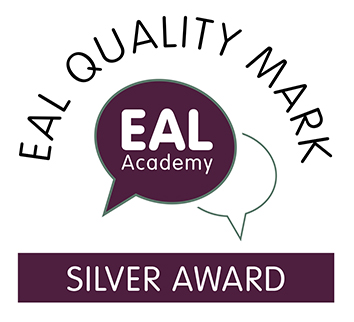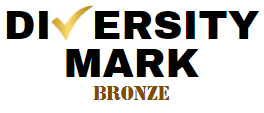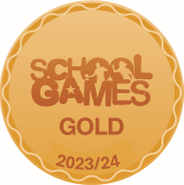Music
Curriculum Intent:
The Music department’s aims are to develop a deepening appreciation and love of music, showing an understanding of its relevance as both an academic and creative subject that is widely cross curricular. Music will engage the students socially through multiple opportunities to work in a group setting, and creatively as it provides an avenue through which the students can express themselves. They will be exposed to the broad spectrum that is music education; from learning the history of music by delving back in time to the roots of some now well-known genres, to engaging and interacting with the cultural side of music, discovering that music really is a universal language and can communicate so concisely without the intrusion of language barriers. Through their time in KS3 the curriculum will encompass many varying aspects of music including the honing of the students’ own performance skills using a variety of instruments and having access to learning the rudiments of musical notation. There are many opportunities to expand literacy skills via the use of musical vocabulary, and times when the students will be required to write down newly attained and previously attained knowledge, thus helping to embed. Through KS4 there will be continuance in developing their knowledge surrounding music history, musical literacy skills, and listening to music with a discerning ear. Students will also be advancing their practical skills through continued instrumental practice and composing in a variety of styles.
KS3
At KS3 the curriculum will encompass many varying aspects of music including the honing of the students’ own performance skills using a variety of instruments and having access to learning the rudiments of musical notation. We will be focussing on the enhancement of the three main musical elements; performing, creating, and listening. It is essential to nurture these qualities in the making and development of a musician. In year 7 the students will be immersed in practical work and performing using a variety of instruments; vocals, drums, keyboard, and guitar, starting with a focus on the development of rhythmical interpretation and performance, progressing then onto approaches to harmonic and melodic performance. There is ample opportunity here to develop aural and creative skills in the form of composition and improvisation. Students will also have the opportunity to begin learning music of other cultures such as Salsa music, where they will learn about and apply Salsa rhythms in a group performance. Year 8 will see the students enhancing on the skills learnt in year 7, and then applying these skills to a specialised Blues unit. They will have the opportunity to learn more about the historical and cultural contexts surrounding the genre and the stylistic traits of the music also. Students will also be exposed to music technology in year 8, where they will learn how to record, edit and apply effects when composing their own product jingle. They will also learn how to use MIDI and how to manipulate it during the sequencing unit. Year 9 will see the students continuing with honing their chosen instrumental skill even further, both as a soloist and as part of an ensemble. Their compositional skills will be stretched further by completing a unit that requires them to use music software when writing for film. Throughout these units, students will be required to complete listening skills audits to demonstrate their aural abilities as well as a deepening knowledge of a variety of genres and the different types of instruments and ensembles.
KS4
At KS4, students will begin following the Eduqas Music GCSE specification, where they will learn about the key terms and topics associated with the four areas of study; forms and devices, music for ensemble, film music and popular music. Before learning about these areas of study in depth, we more deeply embed knowledge surrounding the elements of music covered throughout key stage 3 through studying MAD TSHIRT. This equips students with the knowledge of key terms and approaches in music to enable them to analyse and create music in more depth. Students will also learn great detail about the two set works tested in their final appraisal exam. By the end of year 10, students will have developing knowledge of topics and terms, as well as practical and compositional skills to equip them for their examining year. In year 11, students will have the opportunity to refine their compositional and performance skills before submitting their work for assessment, all the while revising topics and set works covered in year 10. Once assessment coursework has been submitted, appraisal skills become the focus, giving students one last opportunity to practice and refine their listening skills before completing their exam.
Curriculum Overview:








